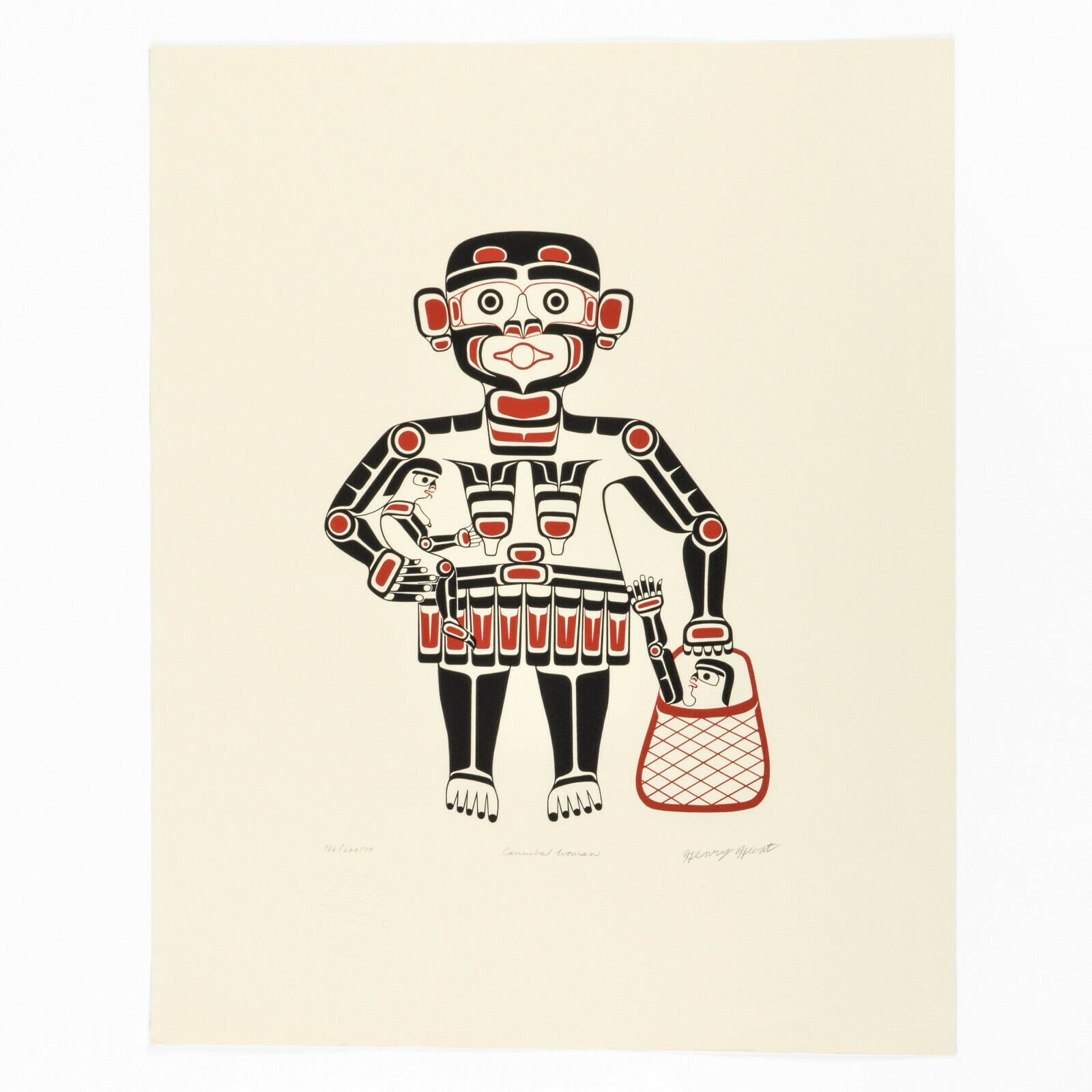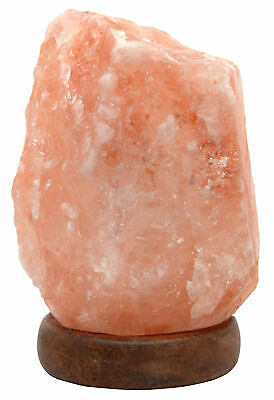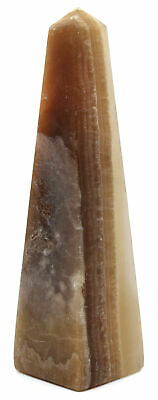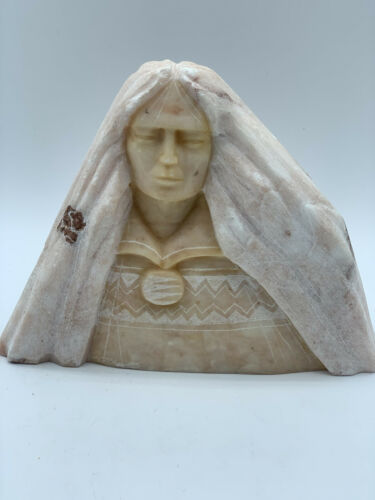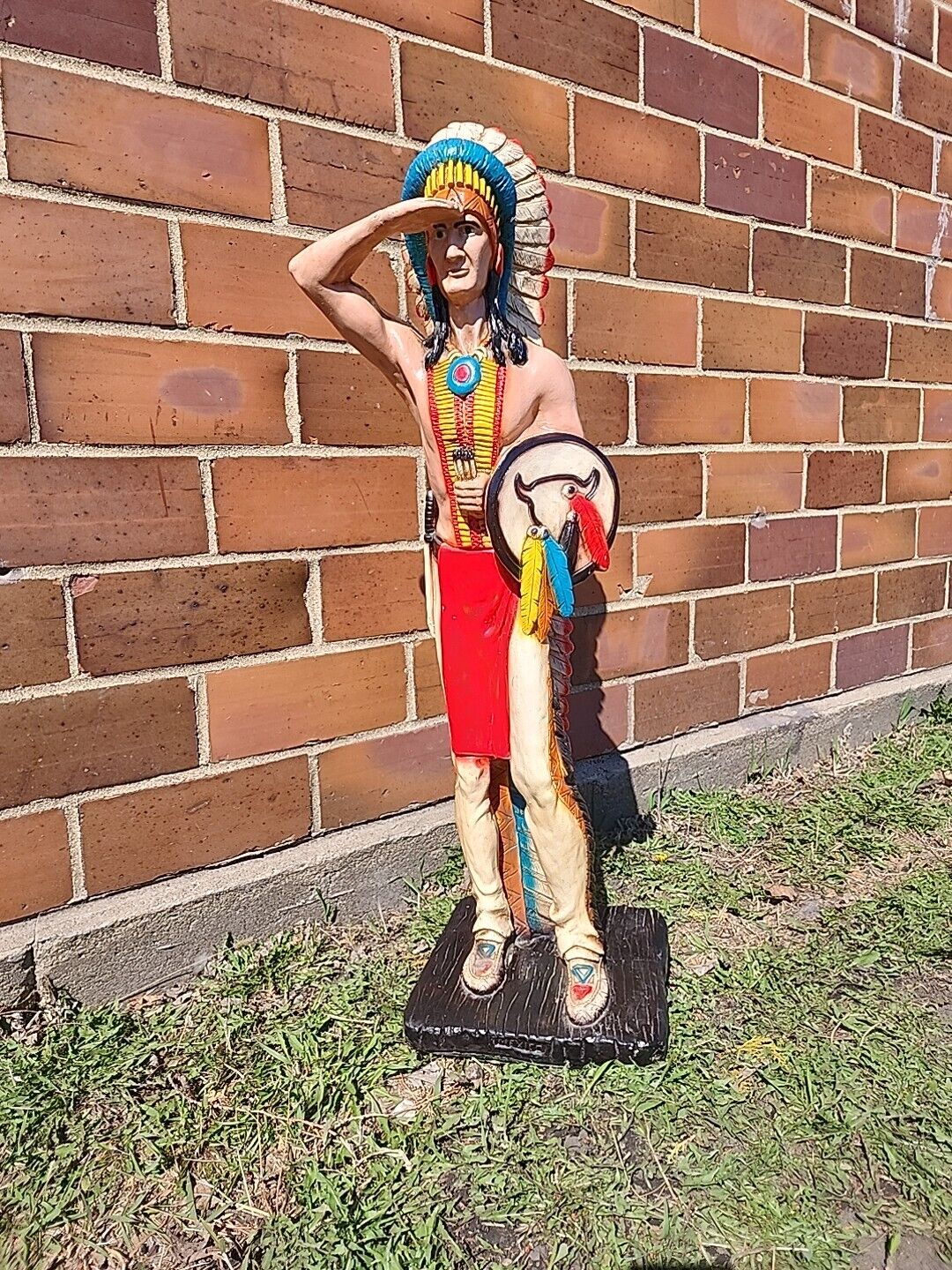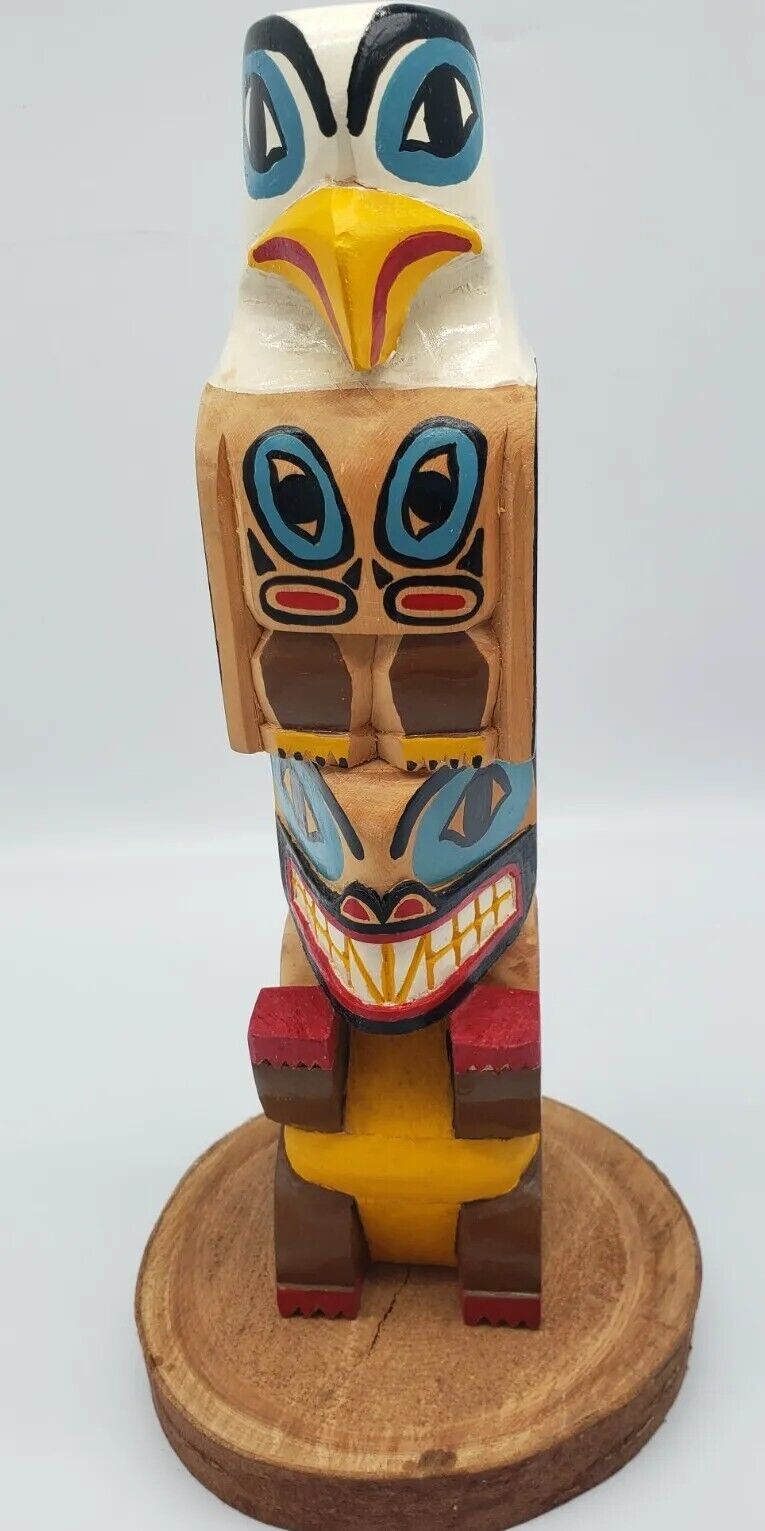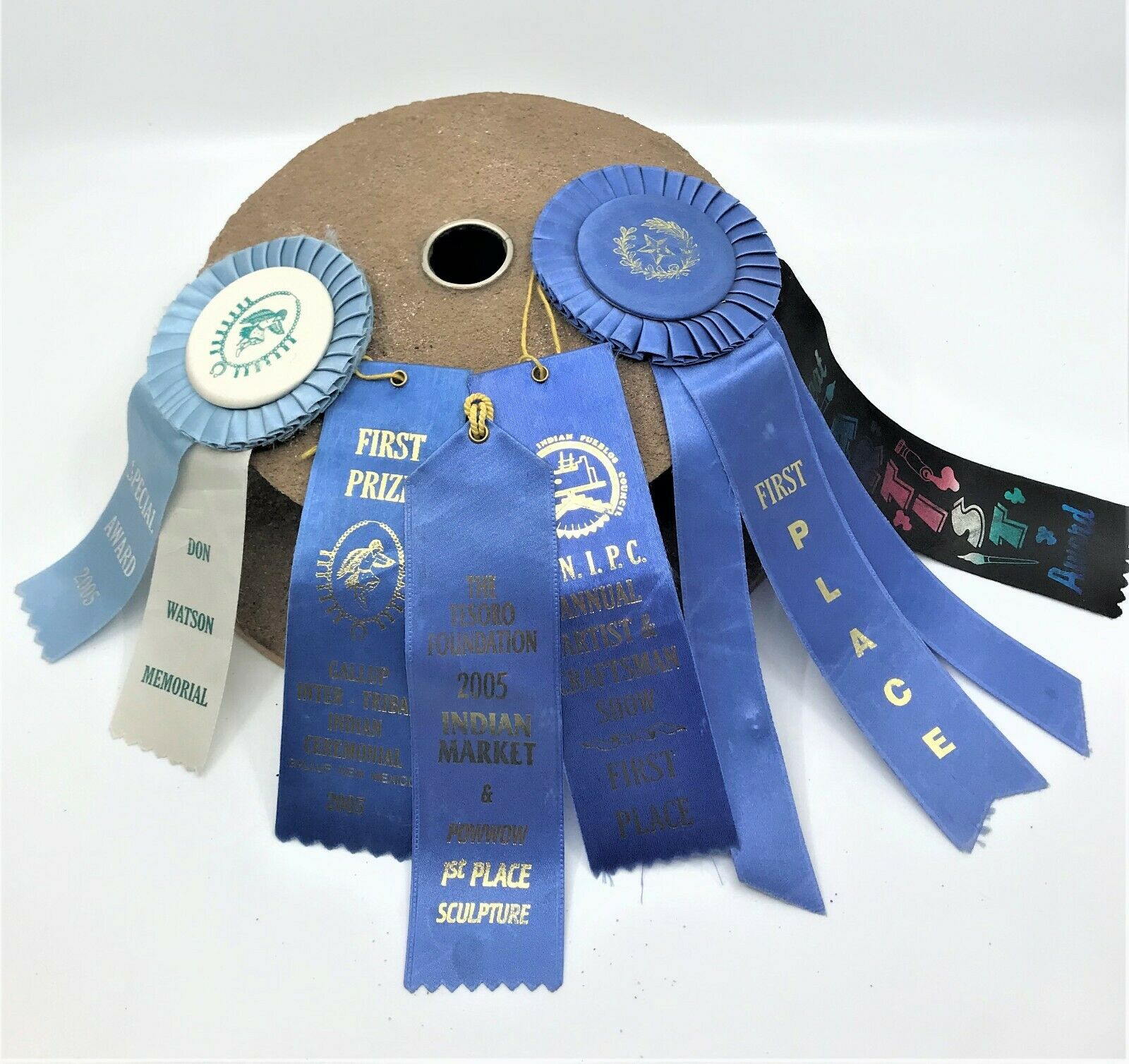-40%
Vintage Northwest Native Wild Woman Numbered Art Print
$ 158.4
- Description
- Size Guide
Description
This print is so incredibly representative of Indigenous art from Vancouver Island. The artist, Kwakwaka'wakw carver and teacher Henry Hunt, was known for his traditional designs and teachings. Henry Hunt began his career as a fisherman and logger, but later moved to Victoria, BC, to assist his father-in-law and distinguished Kwakwaka’wakw artist, Mungo Martin, as a carver at Thunderbird Park. Martin and Arthur Shaughnessy, another well-known Kwakwaka'wakw carver, taught Hunt the art of carving. In association with the British Columbia Provincial Museum (now the Royal British Columbia Museum), Hunt helped to restore and preserve Aboriginal art in Thunderbird Park for nearly 20 years. After Martin’s death in 1962, Hunt became the Thunderbird Park master carver. During his time at the museum, Henry Hunt trained his sons, Tony, Stanley and Richard, all of whom became acclaimed carvers. Tony was his father’s chief assistant carver while Henry worked at Thunderbird Park.This print is titled 'Cannibal Woman' and represents the mythological figure 'Dzunukwa'. She is also known as Wild Woman of the Woods. It is signed and numbered, and it measures 26 inches by 21 inches. It will ship rolled. It has never been framed.
Cannibal Woman or Dzunukwa is an important character in the dancing societies of the Kwakwaka’wakw peoples and other northern First Nations. She is a giantess, one of the large family of giants who live in the faraway mountains and woods. Also known as the “Wild Woman of the Woods” and “Property Woman” by the Tlingit and Tsimshian, she is known to periodically wander from her home in search of small children to take home with her in her cedar basket. Those who manage to escape through their cunning and knowledge of the Dzunukwa's behaviors and weaknesses (vanity and stupidity) often return home with various riches that the Dzunukwa keeps in her house: dried meats, skins, dance privileges, and the “water of life” which revives the dead. Her most important role is that of a bringer of wealth and good fortune. Along with the treasures, her house contains magical Sisiutl house beams which are another indication of her importance. One story suggests that the wealth acquired through the gifts of the Dzunukwa provided the basis for the very first Winter Ceremony and Potlatch. She protects forest life, and is particularly fond of hummingbirds and their delicate beauty. She is characterized in art by her black color, bushy and unkempt hair, pursed lips, upthrust hands, and large sleepy eyes.
